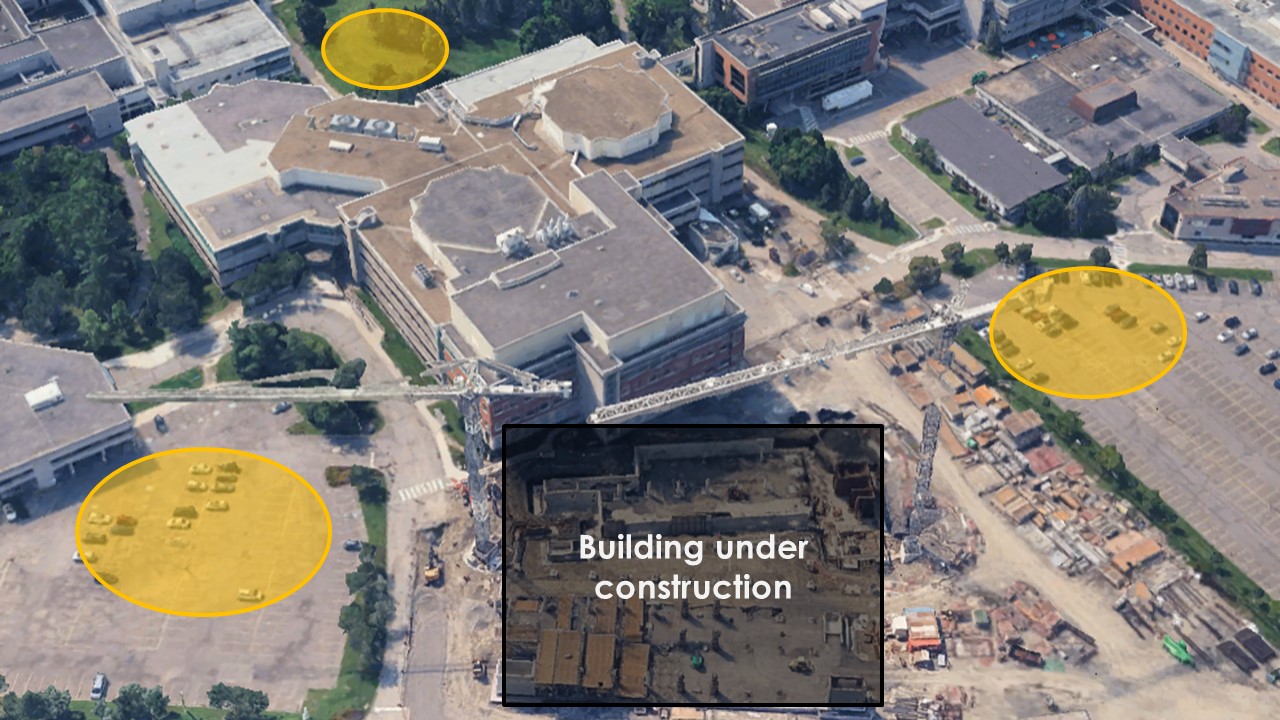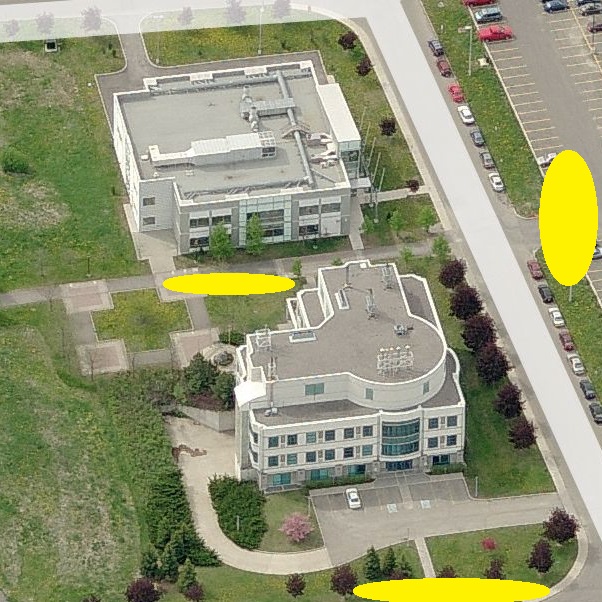All accidents, injuries, or health emergencies must be reported as soon as possible to aid in the investigation of causes, remediation of issues, as well as helping any potential insurance issues. Please fill out the online Accidents, Incidents, and Occupational Disease reporting form.
If this is an emergency, call protection services at 613-562-5411 or by dialing extension 5411 from a landline. Serious health emergencies include, but are not limited to:
- Life is in jeopardy
- Unconsciousness
- Substantial loss of blood
- Limb fracture
- Burns to a major portion of the body
- Loss of sight in an eye
To deal with other issues, there are several Designated First Aiders located throughout the Alta Vista Campus:
Building Maintenance
Any non-urgent problems relating to building maintenance should be reported to Facilities Office.
All maintenance emergencies should be directed to x5000 or to emergency number x5411, 24 hours per day, 7 days per week. A maintenance emergency is a situation where the condition of a building, grounds or vehicles can affect the safety of users or can create a dangerous situation.
The University has an emergency management plan in place to address any potential hazardous material incidents or spills at the University. All spills are reported to Protection Services by calling 613-562-5411 or by dialing extension 5411 from a landline. Small-scale spills with limited to no health hazards are generally cleaned up by lab personnel using spill kits that include absorbent materials and other safety equipment. If it is determined that the spill is beyond our immediate emergency response capabilities, protection services will dispatch a specialized emergency response contractor to assess the situation and coordinate the cleanup in collaboration with the Office of the Chief Risk Officer.


